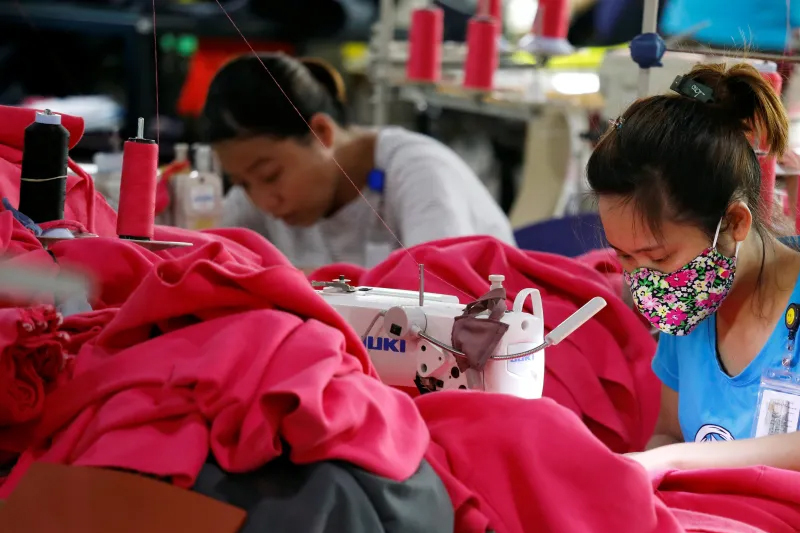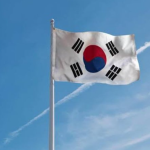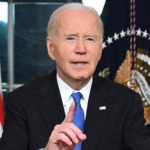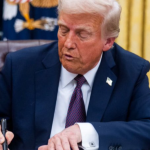
Vietnam’s administering Communist Party’s inside orders, as uncovered by Project88
Vietnam’s administering Communist Party’s inside orders, as uncovered by Project88, emphasize a nuanced approach to overseeing exchange unions and workers’ rights in the midst of arrangements for potential extensions. In spite of universal commitments pointed at invigorating labor assurances, the orders show a center on controlling the arrangement of labor organizations based on ethnicity or religion, possibly clashing with broader points of specialist strengthening.
The mandates, laid out by the Party’s Politburo, highlight a vital adjusting act between the Party’s ideological control and ought to explore Vietnam’s advancing financial scene. Whereas the nation looks to upgrade its universal standing and pull in outside speculation, the Party shows expectations of keeping up a tight hold on residential political flow, counting the arrangement and operation of exchange unions.
Universal Commitments vs. Residential Control
The inner mandate lights up a pressure between Vietnam’s universal commitments, especially beneath prospective U.N. traditions on workers’ rights, and its household basis for political control. Whereas planning to confirm worldwide understandings, the Party shows up the foundation measures that prioritize household soundness and control, possibly complicating its adherence to international norms.
Vietnam’s engagement with worldwide bodies just like the International Labor Organization (ILO) underscores its commitment to worldwide benchmarks of labor rights. In any case, the inner mandate recommends a cautious approach, emphasizing the need to anticipate the arrangement of labor organizations along ethnic or devout lines. This position raises questions about Vietnam’s readiness to completely grasp the standards of free affiliation and collective haggling, central fundamentals of worldwide labor benchmarks.
Reconnaissance and Security Measures
An eminent angle of the mandates relates to increased reconnaissance and security measures, both locally and universally. The order calls for expanded observation of Vietnamese citizens traveling overseas, proposing concerns over potential dangers to national security. Additionally, plans to improve security in mechanical parks, private zones, and districts with noteworthy concentrations of laborers emphasize a broader procedure pointed at keeping up social and political soundness.
These measures reflect the Party’s interest to preempt any challenges to its specialist, whether from residential disagreement or outside impact. By closely checking citizens’ developments and reinforcing security in key financial and mechanical zones, the Party points to moderate potential sources of flimsiness and keep up its hold on control.
Media Control and Cultural Preservation
The mandates too highlight a concerted exertion to use media as an apparatus for social control and social conservation. Emphasizing the media’s part in countering respectful non-compliance and remote impact, the Party points to maintaining conventional traditions and national personality while defending against seen dangers postured by outside social impacts. This reflects a broader methodology of data control and ideological support inside Vietnam’s political scene.
The Party’s orders with respect to media control and social conservation flag its assurance to shape open talk and secure its ideological authority. By advancing accounts that adjust with its vision of national personality and social values, the Party looks to fortify its authenticity and expertise among the Vietnamese masses. In any case, this approach too raises concerns about censorship and smothering disagreeing voices inside the nation.







